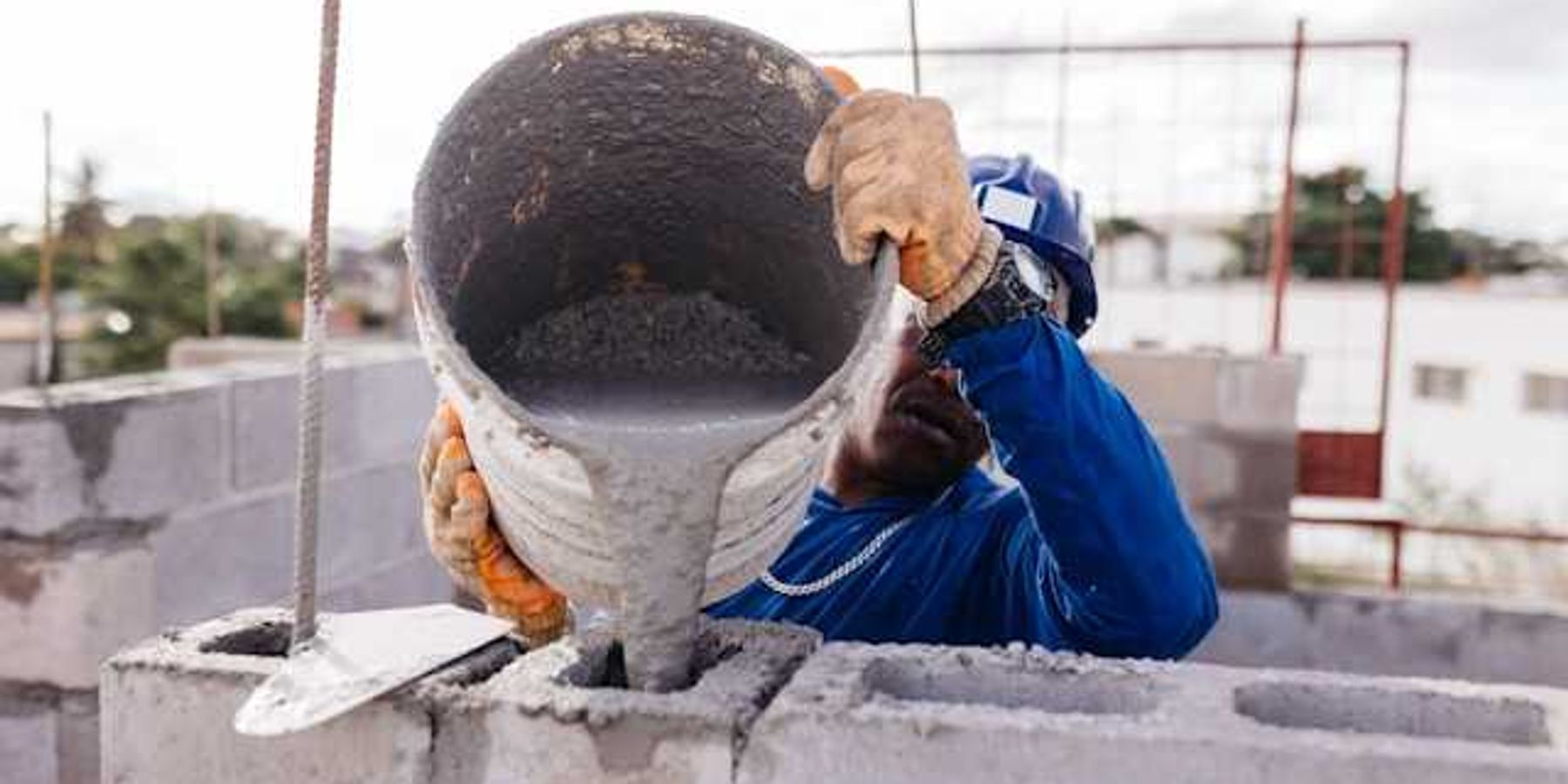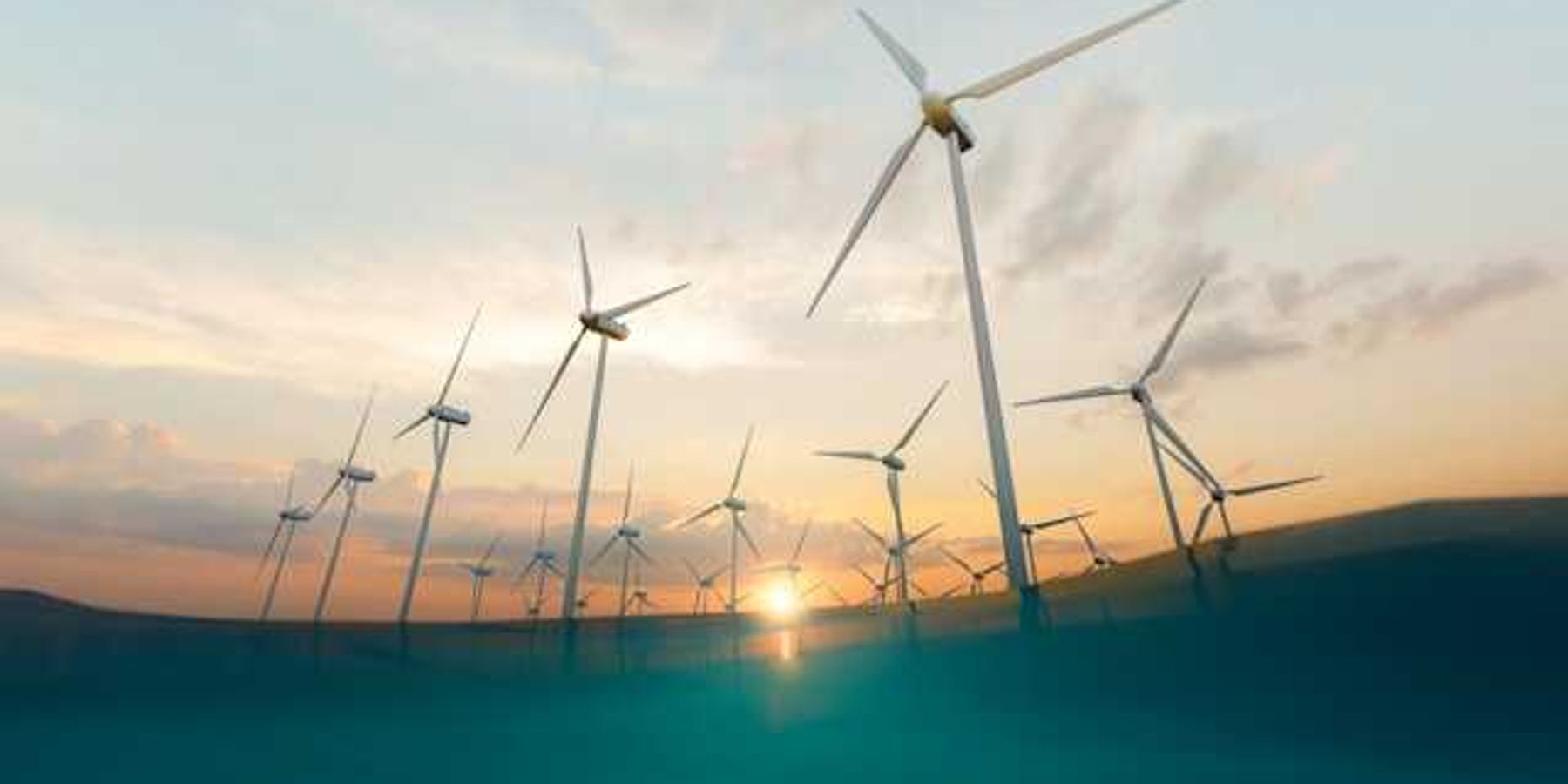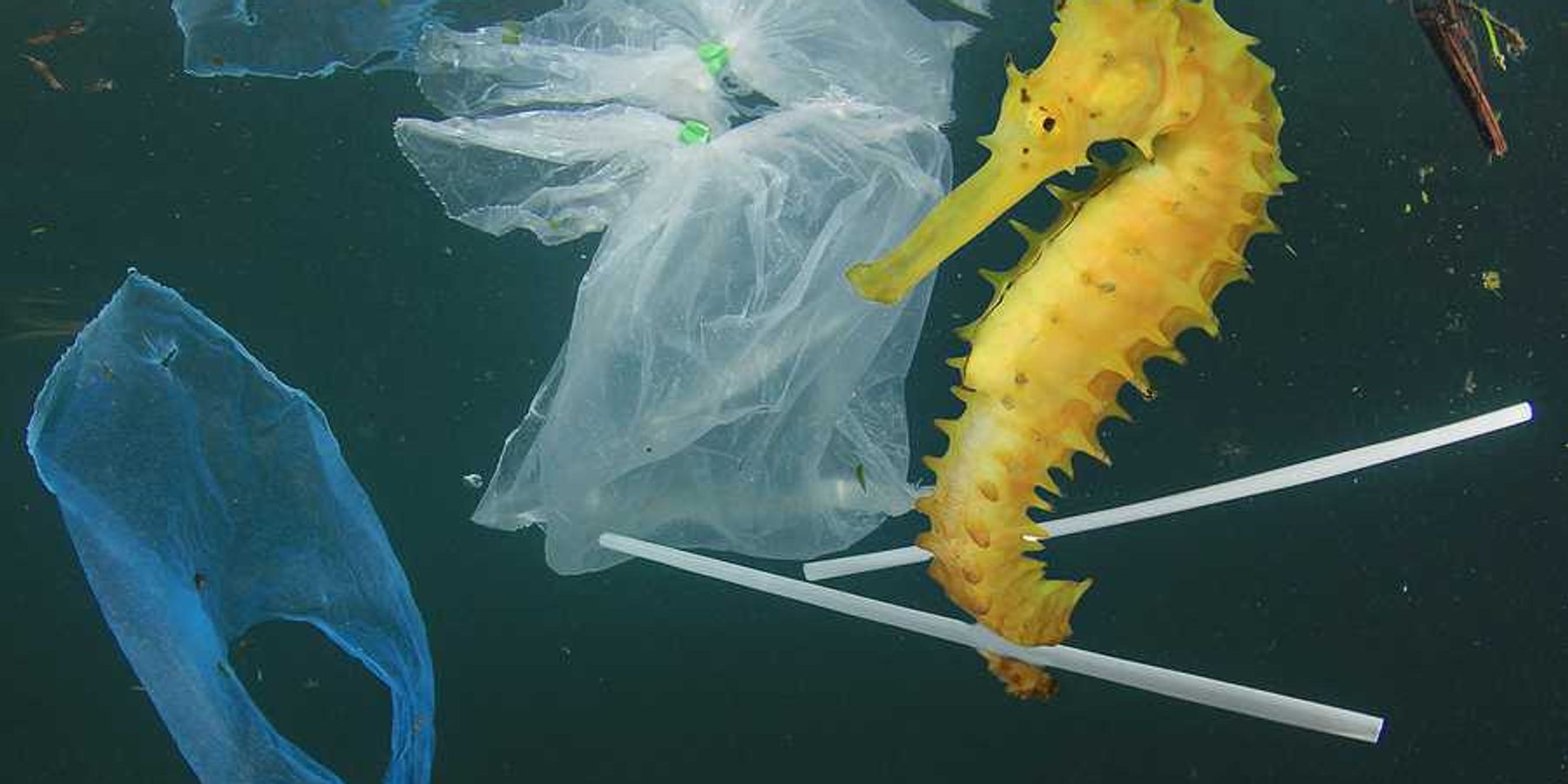UPDATED: Pete Myers on improving vampire food, at TEDx C'ville
What do vampires drink? Our blood. But we're turning it into a junk food, given the myriad chemical pollutants we're adding to it thanks to modern chemistry. Our founder & chief scientist talks about the serious, real-world consequences of that pollution.
Myers, founder of Environmental Health Sciences (publisher of EHN.org and DailyClimate.org), has spent his career studying the thousands of endocrine-disrupting chemicals infusing our products, our food, our household dust and our daily lives.
He spent 16 minutes Friday distilling that experience for TEDx Charlottesville.
In one experiment after another, Myers said, exposure to those compounds has produced frightening results in laboratory animals:
Two frogs, both brothers, able to mate because one frog was exposed at birth to Atrazine – a common, widely used herbicide – and developed a fully functioning womb, ovaries and female reproductive system.
Or a pair of middle-aged mice, both fed the same diet and subject to the same activity regimen. Except one is morbidly obese. That mouse was exposed in the womb to bisphenol A, a common plastic additive, at an exquisitely low dose – one part per billion (for perspective, the bottom pancake in a stack of pancakes 4,000 miles tall is one part per billion).
What's crazy, Myers noted, is that at high doses, bisphenol A and other compounds that alter our hormonal system have completely different effects. Mice exposed to a 1,000 parts-per-billion dose of BPA, for instance, lose weight.
"It's completely unpredictable," he told the TEDx audience on Friday.
The bigger problem, Myers added, is that these compounds today exist in almost everyone's blood at very low levels.
And rules governing chemical exposure rely on a concept developed in the 16th century: The dose makes the poison. Regulators testing chemical safety usually start with a high dose and work backwards with incrementally smaller doses until they see no effect. That's where they draw the safety line. "They never test low-dose exposure," Myers said.
It's a tale, in many ways, of ignorance and bad design decisions. But the impact is clear: "Those chemicals are linked to today's litany of chronic, non-communicable diseases," Myers said.
TEDx Charlottesville continues Friday with talks by National Geographic photographer Ami Vitale, impact investor and poker player Rafe Furst, and the world grove ensemble Baaba Seth.













